ESPAÑOL
Esta semana he leído una cita muy interesante.
"Las mejores y más bonitas cosas del mundo no pueden ser vistas ni tocadas; deben ser sentidas con el corazón"
Helen Keller
Me gustaría agradecer a la comunidad de @smi-le y a @tripode por permitirme participar de Hive Energy Refill Contest 17 y brindarme la oportunidad de conocer personas maravillosas con reflexiones muy interesantes y conmovedoras.
ENGLISH
This week I have read a very interesting quote.
"The best and most beautiful things in the world cannot be seen or touched; they must be felt with the heart"
Helen Keller
I would like to thank the @smi-le community and @tripode for allowing me to participate in Hive Energy Refill Contest 17 and giving me the opportunity to meet wonderful people with very interesting and moving reflections.
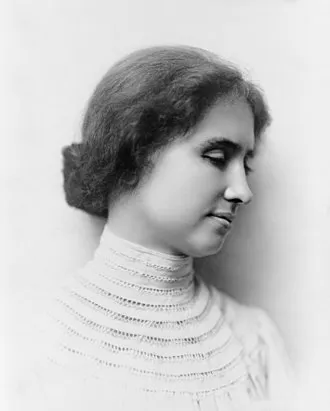
De estas lecturas he logrado aprender que Helen Keller sufrió una enfermedad muy joven, antes de que pudiera conocer palabras o hablar, que la dejó sorda y ciega permanentemente.
Esto me incitó a conocer un poco más de ella y descubrí cosas interesantes.
En este caso, me limitaré a como logró superar su condición y convertirse, por ejemplo, en la primera persona discapacitada visual y auditivamente en obtener una licenciatura en letras.
From these readings I have learned that Helen Keller suffered from an illness very young, before she could know words or speak, which left her permanently deaf and blind.
This prompted me to know a little more about her and I discovered interesting things.
In this case, I will limit myself to how she managed to overcome her condition and become, for example, the first visually and hearing impaired person to obtain a Bachelor of Arts degree.
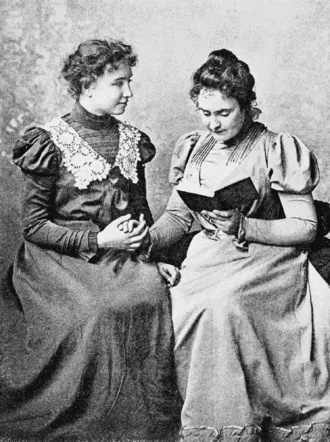
¿Cómo alguien inmerso en "un mar de densa niebla" podría haber encontrado la luz?
Sintiendo. Abriéndose a cada sensación que experimentaba. Asociando y recordando. Cada pequeño detalle, gesto, vibración. Cada pequeño estímulo brindándole un poco de luz en la oscuridad.
Keller tuvo que aprender, con la ayuda de Anne Sullivan, a "sentir" las palabras. Al no existir un estímulo visual y auditivo que la ayudara a interactuar con su realidad, su comprometida amiga y acompañante le deletrearía palabras en la palma de su mano y exponiendo objetos en la otra con la intensión de crear una asociación. Como ejemplo, deletrear "agua" en una mano y derramar agua fría en la otra. Fue un proceso difícil y duro para Keller, pero ella misma llegó a afirmar "el mundo vivo despertó mi alma, le dio luz, esperanza, la liberó"
Del mismo modo, aprendió a escuchar a otras personas colocando sus dedos sobre la boca y garganta mientras hablaban.
How could someone immersed in "a sea of dense fog" have found the light?
Feeling. Opening up to every sensation she experienced. Associating and remembering. Every little detail, gesture, vibration. Every little stimulus giving her a little light in the dark.
Keller had to learn, with the help of Anne Sullivan, to "feel" the words. In the absence of a visual and auditory stimulus to help her interact with her reality, her committed friend and companion would spell words in the palm of her hand and expose objects in the other with the intention of creating an association. As an example, spell out "water" in one hand and pour cold water into the other. It was a difficult and hard process for Keller, but she went on to affirm "the living world awakened my soul, gave it light, hope, set it free"
Similarly, she learned to listen to other people by placing her fingers over her mouth and throat as they spoke.
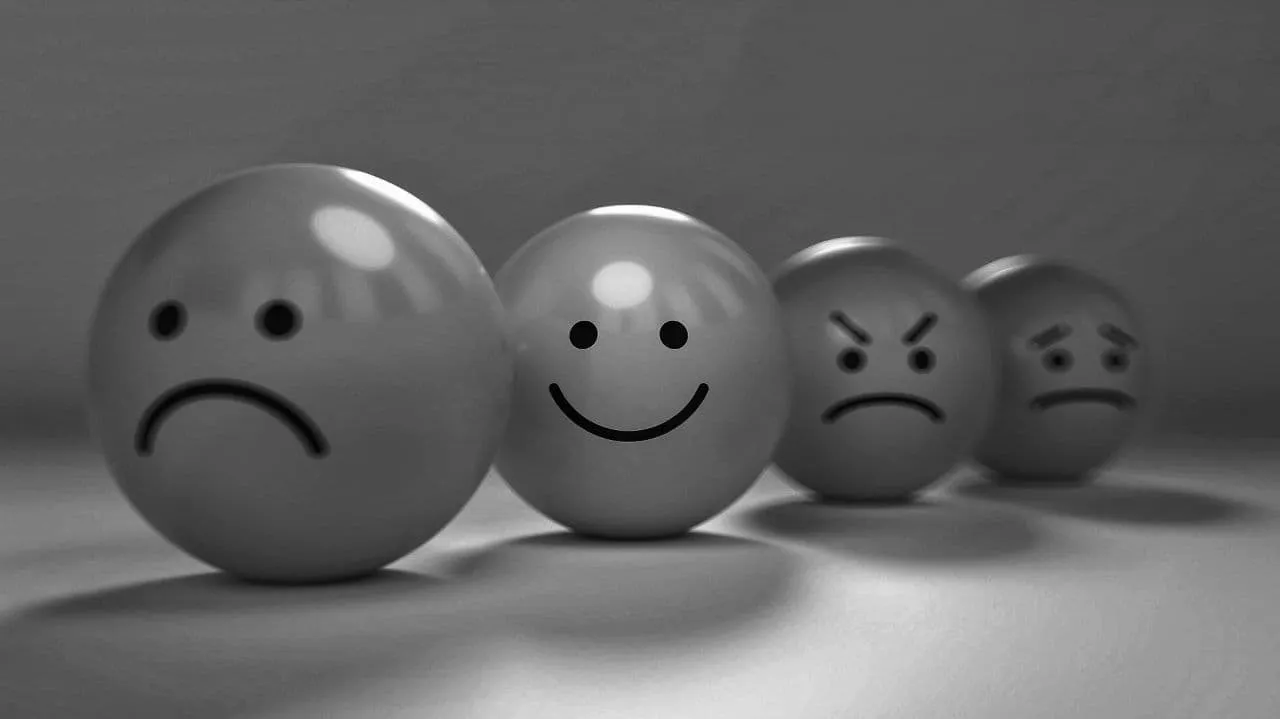
No fue un proceso fácil, pasó por mucha frustración y rabia. Pero aun así, logró convertirse en una escritora muy prolífica y viajó mucho dando discursos. Impresionante, sin duda.
Vale la pena aprender de su ejemplo. Evidentemente, si estás leyendo esto no creo que necesites aprender Braille o Tadoma. Pero, ¿Qué tan abierto estás a las sensaciones que nos proporciona nuestra existencia?
He reflexionado con respecto a eso de "Las mejores y más bonitas cosas del mundo..." y en principio estuve de acuerdo con la mayoría de los que escribieron al respecto. El amor, la dicha, la esperanza... Ciertamente, al ser sensaciones tan placenteras que inevitablemente son consideradas como lo mejor y más bonito. Pero... ¿Y el dolor, la tristeza, la nostalgia?
Sé que nadie quiere sentirse triste, nadie quiere sufrir un desamor, nadie quiere sentir el vacío de la soledad o el peso del remordimiento. Pero aun así, yo las considero como parte de eso mejor y más bonito. ¿Por qué? Porque nos hacen humanos.
It was not an easy process, he went through a lot of frustration and anger. But even so, she managed to become a very prolific writer and traveled extensively giving speeches. Impressive, without a doubt.
It is worth learning from her example. Obviously if you are reading this I don't think you need to learn Braille or Tadoma. But, how open are you to the sensations that our existence provides us?
I have reflected on "The best and most beautiful things in the world ..." and in principle I agreed with most of those who wrote about it. Love, happiness, hope ... Certainly, being such pleasant sensations that they are inevitably considered the best and most beautiful. But ... And the pain, the sadness, the nostalgia?
I know that nobody wants to feel sad, nobody wants to suffer a heartbreak, nobody wants to feel the emptiness of loneliness or the weight of regret. But even so, I consider them as part of that better and more beautiful. Why? Because they make us human.
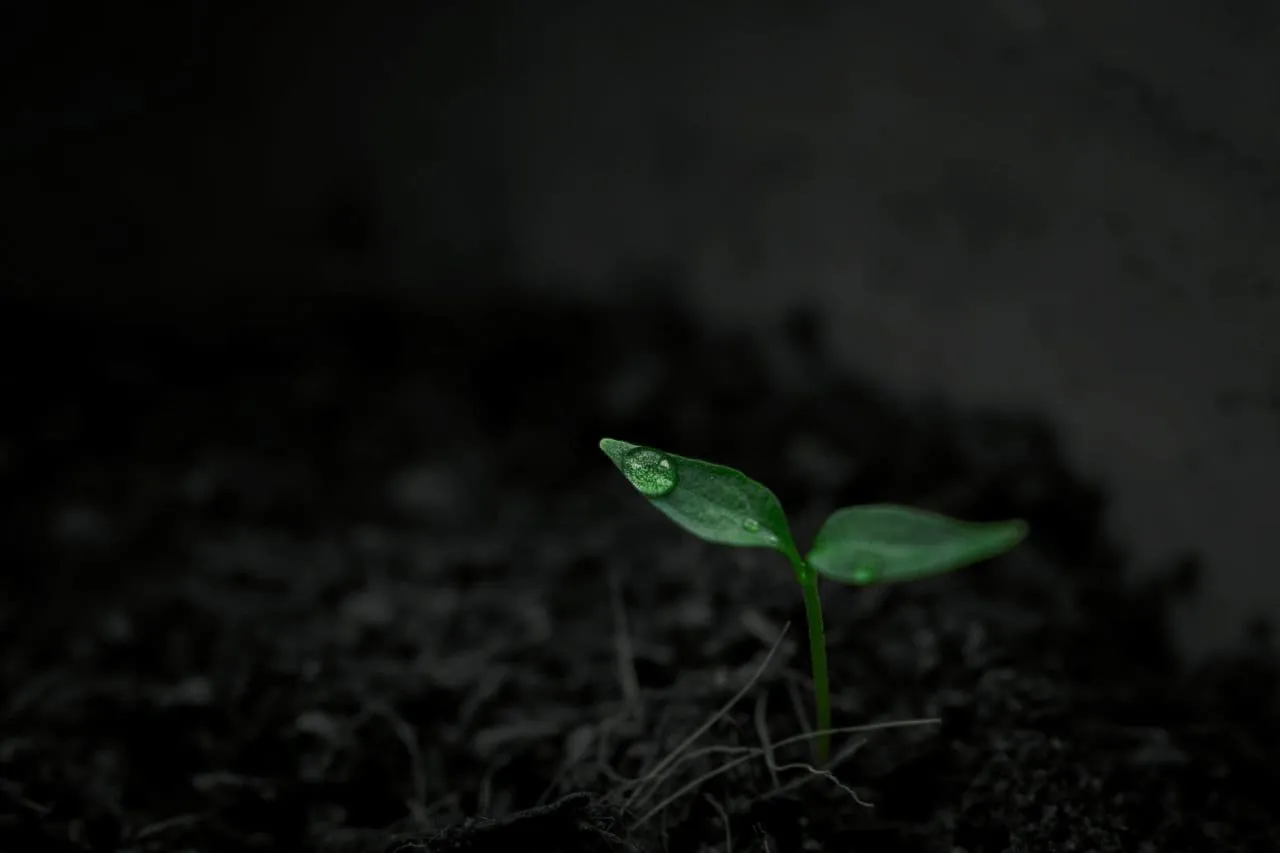
Sí, sí. Lo sé, pueden no estar de acuerdo conmigo y lo entiendo. Pero, ¿Hay alguien que únicamente sea capaz de sentir felicidad o amor? No lo creo.
Todo este abanico de emociones describen la complejidad de nuestra naturaleza, de nuestra humanidad. Cada sentimiento "positivo" y su equivalente "negativo", forman el espectro de lo que nos hace lo que somos.
El dolor ayuda a aprender. La tristeza nos ayuda a resituarnos en nuestra realidad. La nostalgia nos enseña a rememorar y atesorar.
Es cierto, son sensaciones desagradables. Pero son indudablemente útiles para crecer, fortalecernos y, en consecuencia, apreciar aún más aquello que nos produce dicha.
Ok, ok. I know, You may disagree with me and I understand. But, is there someone who is only capable of feeling happiness or love? I do not believe it.
All this range of emotions describe the complexity of our nature, of our humanity. Each "positive" feeling and its "negative" equivalent form the spectrum of what makes us what we are.
Pain helps to learn. Sadness helps us reposition ourselves in our reality. Nostalgia teaches us to remember and treasure.
It is true, they are unpleasant sensations. But they are undoubtedly useful to grow, strengthen us and, consequently, appreciate even more what brings us joy.
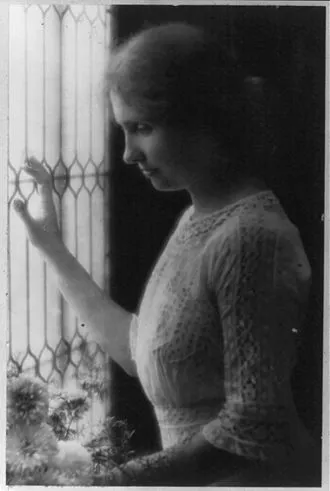
Helen Keller en el algún momento de su crecimiento debió de haber sentido una gran frustración al verse consciente de sus limitaciones para comprender el mundo. Esto la motivó a aprender y luego a enseñar. Esta motivación pudo haberse estimulado aún más por el placer de "echarle un vistazo" al mundo por primera vez. Pero fue ese natural impulso humano de socializar, de conocer, de experimentar la que hizo cambiar su realidad y, en el proceso, la de otros.
Por muy desagradables que puedan ser, no debemos cerrarnos a nuestras propias sensaciones. No debemos aborrecer nuestros sentimientos. Mejor será meditar en ellos, comprenderlos y encausarlos a nuestro beneficio.
Helen Keller at some point in her growth must have felt great frustration at being aware of her limitations in understanding the world. This motivated her to learn and then to teach. This motivation may have been further stimulated by the pleasure of "taking a look" at the world for the first time. But it was that natural human impulse to socialize, to know, to experience that changed her reality and, in the process, that of others.
As unpleasant as they may be, we must not close ourselves off from our own sensations. We should not hate our feelings. It will be better to meditate on them, understand them and direct them to our benefit.
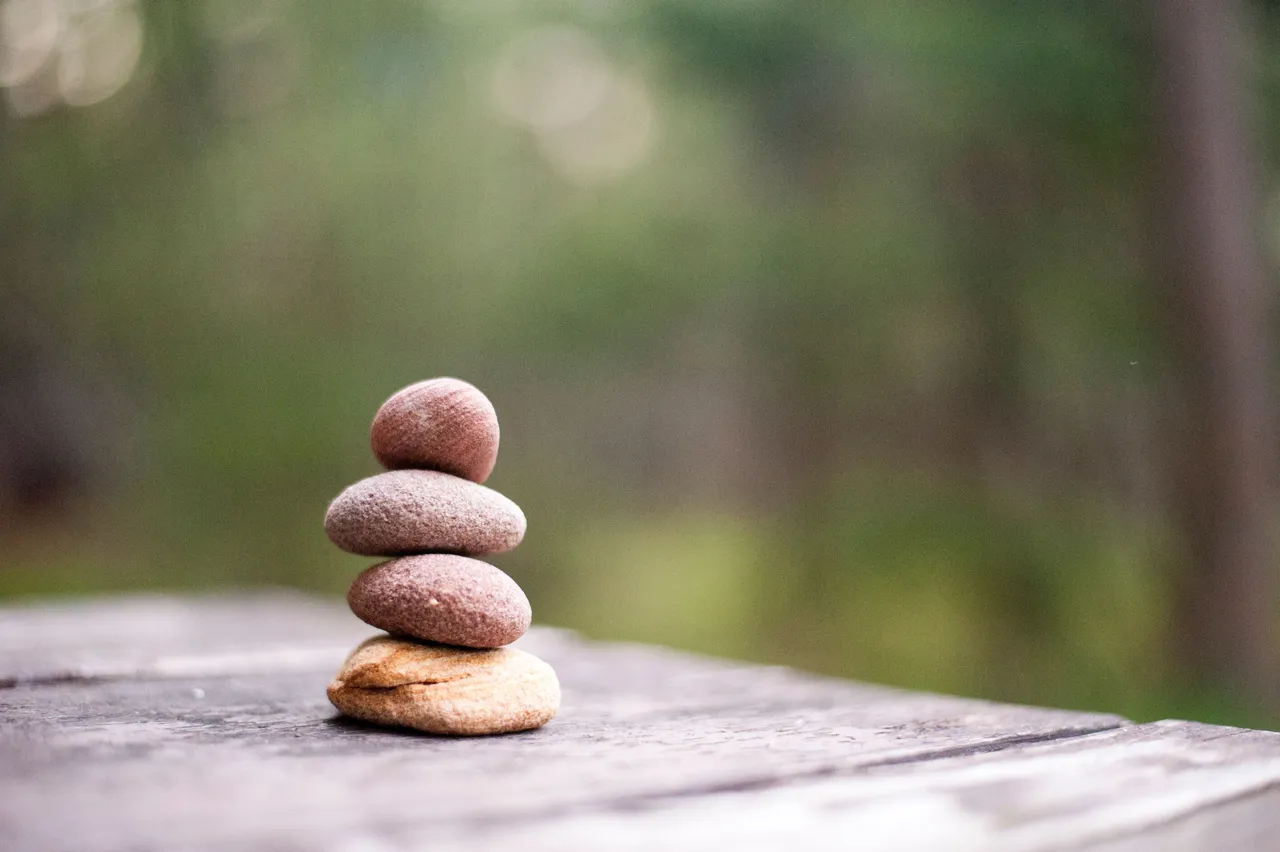
Eso es parte de lo mejor y más bonito que tenemos, nuestra humanidad. Hoy es un buen día para aceptarnos, para conocernos, para enamorarnos. Permítanse sentir. Sentir las palabras, sentir el viento, sentir la música. Sentir lo bueno y lo malo.
Somos dichosos de ver y oír. No sumerjamos nuestro corazón en la oscuridad que personas como Helen Keller conocen naturalmente y logran vencer.
Gracias por leer. Un Abrazo a todos
Me gustaria invitar a @basilisalasabia a participar :D
That is part of the best and most beautiful thing we have, our humanity. Today is a good day to accept ourselves, to get to know ourselves, to fall in love. Allow yourself to feel. Feel the words, feel the wind, feel the music. Feel the good and the bad.
We are happy to see and hear. Let's not plunge our hearts into the darkness that people like Helen Keller naturally know and manage to overcome.
Thank you for reading. A hug to all
I would like to invite @basilisalasabia to participate to participate :D
